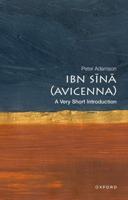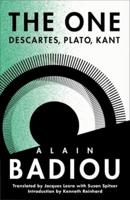Publisher's Synopsis
This book examines Kant's contributions to the theory of knowledge and studies how his writings can be applied to address contemporary epistemological issues. The volume delves into the Kantian ideas of transcendental idealism, space, naturalism, epistemic normativity, communication, and systematic unity. The essays in the volume study Kant's theories from a fresh perspective and offer new arguments for assenting that knowledge cannot account for itself without acknowledging the fundamental role of the cognitive subject. In doing so, they suggest that we reconsider Kant's views as a powerful alternative to naturalism.
Featuring readings by well-known Kant specialists and emerging scholars with unorthodox approaches to Kant's philosophy, the volume fills a significant gap in the existing scholarship on the philosopher and his works. It will be of great interest to scholars and researchers of knowledge, philosophy, and epistemology.









